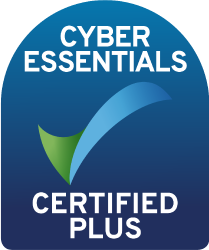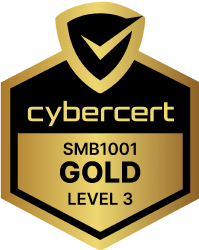When setting up your businesses internet connectivity, it can be a minefield to find the right provider at the right price. This guide should help you navigate the treacherous world of business broadband and connectivity.
How much does internet cost for a business?
The cost of business broadband varies depending on speeds and usage. However, the ‘average’ office might see costs between £40 and £100 per month for their internet.
A good way to calculate your businesses internet connectivity cost is to break your usage down into the following questions:
- How many employees are going to be using the internet?
- What are they using the internet for?
- How reliant on the internet is my business?
By asking yourself these questions, you can quickly find out which broadband package is best suited to your business, which will help you get an accurate price.
Businesses with more users that require a higher speed will likely be looking for a package at the higher end of the broadband spectrum. Whereas those with a handful of employees in a smaller office, may be lower cost.
What are the costs of business internet?
Business internet is made up of two different costs:
- Upfront costs
- Ongoing costs
Upfront costs are often minimal/non-existent for business internet. Depending on the package/type of connectivity you choose, there may be an upfront cost for a router or an installation charge. However, if you have an existing internet connection, there may be no need to install a new broadband line.
Ongoing costs are for the running of the internet connectivity.
Different types of business internet.
Now that you have a better idea of the specifications of your business internet, we can learn more about the different types of service on offer to your business.
There are five main types of business internet. Each one has benefits and drawbacks.
- Leased lines
Leased lines are the fastest form of business internet connectivity. They can provide dedicated speeds up to 10Gbps for both upload and download. However, they are also the most expensive form of internet connectivity.
Leased lines are great if your business is very reliant on your internet, or if you have hundreds of users all using the same internet connection.
- Fibre internet
Fibre internet is the standard for most businesses across the UK. With speeds ranging from 20Mbps to upwards of 200Mbps, fibre broadband is the perfect middle-ground solution for most businesses.
Fibre is widely available across the UK and can be the most cost effective option for businesses looking to save costs on their internet. Fibre broadband works particularly well when combined with VoIP telephone systems.
- Copper (ISDN)
ISDN is the slowest type of internet connectivity. With fibre being continually rolled out, fewer businesses are relying on ISDN for their internet connectivity. However, it is often the only fixed line option in rural and remote locations.
Businesses in these locations may find ISDN suitable if they have very little usage. However, if multiple people are using the internet, then 4G WiFi may be a more appropriate solution.
- 4G WiFi
A more flexible solution to business internet connectivity is 4G WiFi. Using the UK’s 4G network, as a posed to a fixed line is a newer form of connectivity that is often faster and more reliable than ISDN. 4G WiFi is a great solution for businesses with a handful of users in one office, who struggle with fixed line internet speeds.






